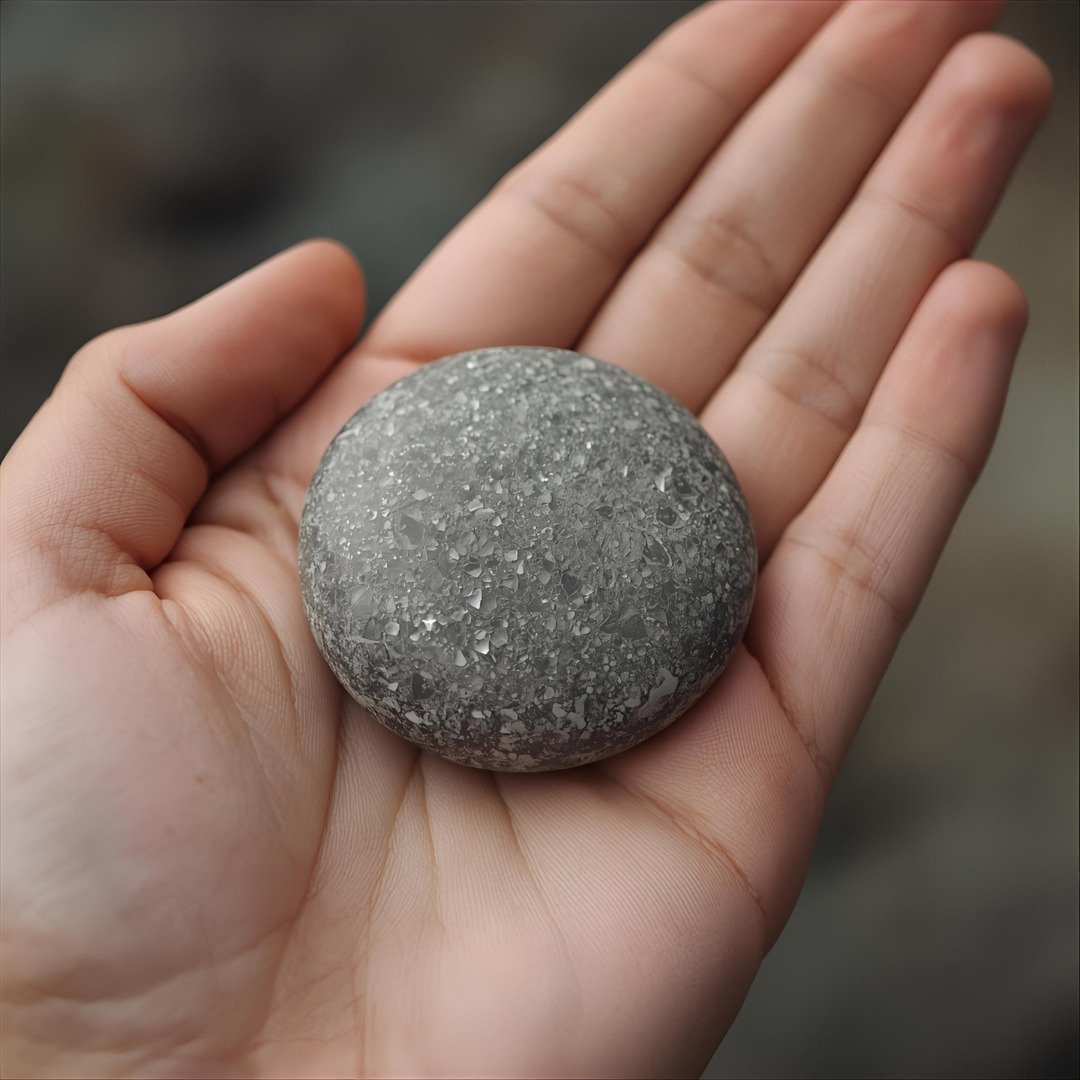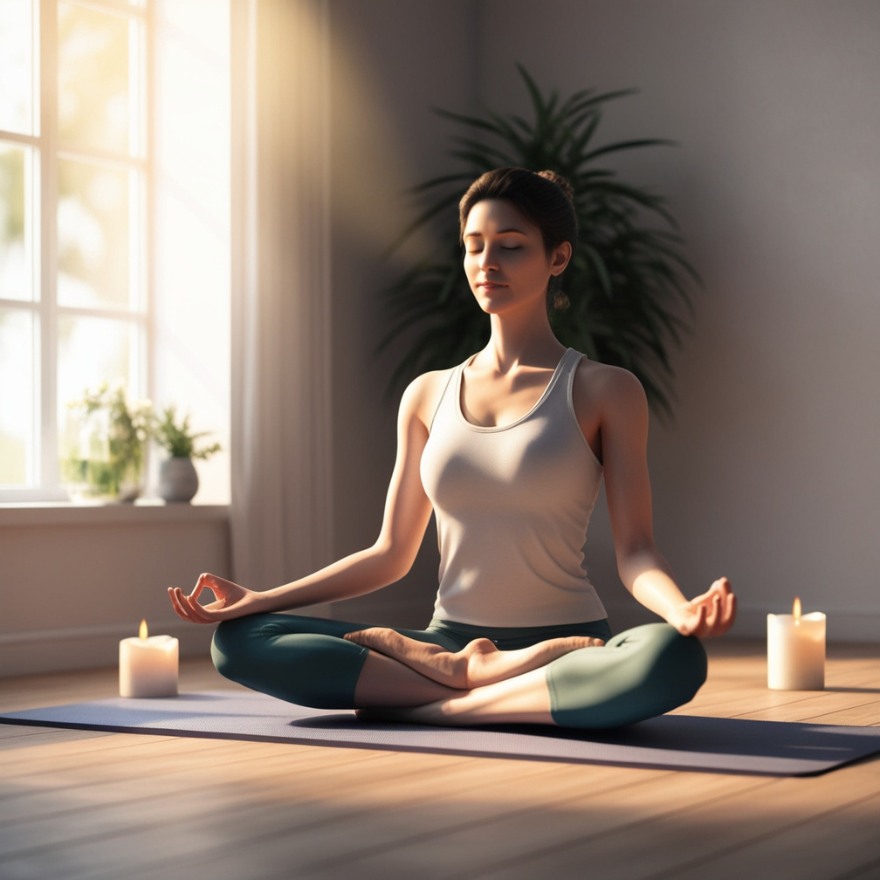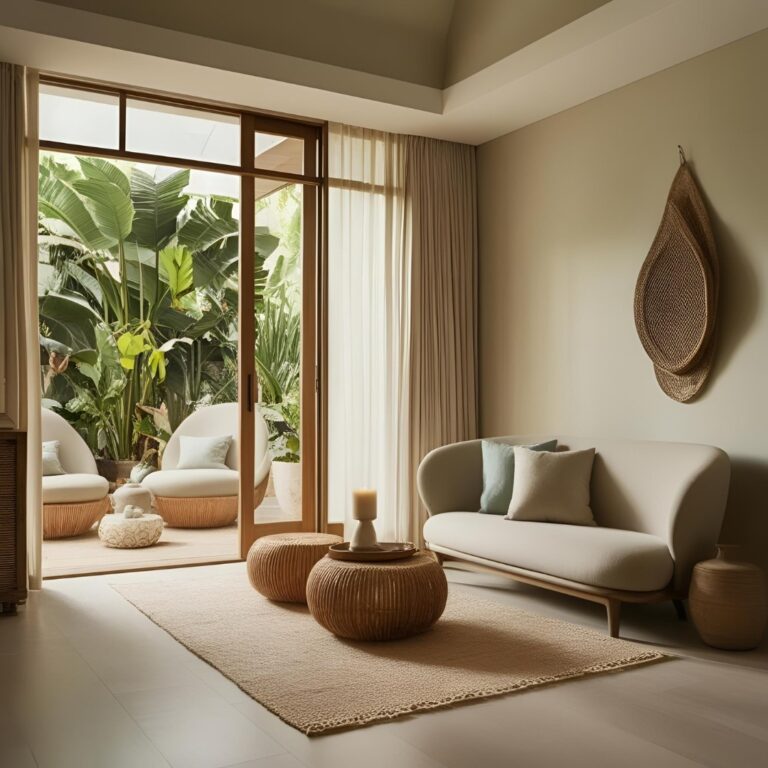Disclosure:
Thank you for reading this post, don't forget to subscribe!
Some of the links on this website are affiliate links. This means that if you click on the link and make a purchase, we may receive a small commission at no extra cost to you. Your support helps us keep the site running.Learn more on my Privacy Policy and Affiliate Disclosure page. Thank you for your support!
The Relentless March of Modern Life: A Crisis of Constant Doing
In our modern world, the mantra seems to be “busier is better.” We’re constantly bombarded with notifications, deadlines, and the unspoken pressure to be productive every single moment. From the moment our alarms jolt us awake, we’re off to the races – checking emails, scrolling social media, juggling tasks, and planning the next thing. This perpetual motion, while sometimes feeling necessary, can quietly erode our well-being, leaving us feeling frazzled, drained, and disconnected.
We wear our busy-ness as a badge of honor, often associating “doing nothing” with laziness or a waste of precious time. But what if this ingrained belief is actually holding us back from deeper healing, clearer thinking, and profound personal growth? What if the very act of not doing could be the most powerful tool in your wellness arsenal?
At Morningscape Mindset Media, we believe in the transformative power of intentional living. Today, we’re diving into a concept that might initially seem counterintuitive: stillness. We’re going to explore the compelling science behind why embracing moments of quiet and inactivity isn’t just a luxury, but a fundamental necessity for a healthy, vibrant mind and body.
What Exactly Is Stillness?

Stillness, as a wellness practice, is the intentional act of pausing and disconnecting from external distractions and internal chatter. It’s not about emptying your mind entirely, but about creating space for awareness without judgment, allowing your brain and body to rest, process, and rejuvenate. This mindful inaction fosters deep healing and clarity.
It’s not just sitting motionless, though that can be part of it. Stillness is about cultivating an inner calm, a space where you can simply be without the compulsion to perform, achieve, or react. It’s about giving your overworked system a much-needed break from the constant input and output of daily life.
Read Next:
The Deep Science Behind Doing Nothing: A Neurobiological Reset
The idea that doing nothing is beneficial isn’t new; ancient wisdom traditions have championed meditation and quiet contemplation for millennia. What is relatively new is Western science’s growing understanding of why this works, right down to the neural pathways and hormonal responses in our bodies.
The Default Mode Network: Your Brain’s Inner Thinker
When you’re not actively engaged in a task – perhaps staring out a window, taking a shower, or simply resting your eyes – your brain isn’t “off.” Instead, a fascinating system called the Default Mode Network (DMN) kicks into gear. The DMN is involved in self-referential thought, future planning, remembering the past, and imagination. While often associated with mind-wandering, research suggests that a well-functioning DMN, allowed to operate without constant external demands, is crucial for consolidating memories, processing emotions, and generating creative insights. Think of it as your brain’s internal operating system running essential background tasks. Giving it uninterrupted “offline” time through stillness allows it to perform these vital functions more effectively.
Cortisol Under Control: Stillness as a Stress Antidote
One of the most immediate and tangible benefits of stillness is its profound impact on stress. Our bodies respond to chronic stress by releasing cortisol, often called the “stress hormone.” While helpful in fight-or-flight situations, prolonged elevated cortisol levels can lead to a host of problems, including impaired immune function, sleep disturbances, weight gain, and increased risk of chronic diseases.
Engaging in stillness practices – even for just a few minutes – actively counteracts this stress response. Studies have shown that mindfulness and quiet contemplation can significantly lower cortisol levels, reducing inflammation and promoting a state of physiological calm. This isn’t just anecdotal; it’s a measurable biological shift that protects your body from the ravages of chronic stress. Harvard Health has extensively covered the positive impact of mindfulness on the brain and stress reduction.
Brainwave Synchronicity: Alpha Waves for Calm & Focus
When we’re in a state of stillness, particularly during meditation or deep relaxation, our brainwave patterns tend to shift. We move away from the high-frequency beta waves associated with active thinking and problem-solving, towards alpha waves. Alpha waves are characteristic of relaxed, yet alert states. They are linked to reduced anxiety, enhanced creativity, and a sense of calm focus. By regularly inviting stillness, you train your brain to more readily access these beneficial alpha states, improving your overall mental resilience and ability to concentrate when you do need to be actively engaged.
Beyond the Buzz: Mental and Emotional Benefits of Embracing Stillness
The advantages of stillness extend far beyond neurochemistry, permeating every aspect of our mental and emotional lives.
Sharpened Focus and Enhanced Cognitive Function
It might seem contradictory, but stepping away from focused work can actually make you better at it. When you allow your mind to wander during moments of stillness, you’re giving your prefrontal cortex – the brain’s executive control center – a break. This “rest” allows it to return to tasks with renewed vigor, improved concentration, and a greater capacity for problem-solving. Think of it like a computer reboot: sometimes you need to close all programs and restart to optimize performance. Regularly incorporating stillness can lead to a noticeable improvement in your daily focus and decision-making abilities.
Cultivating Emotional Resilience and Self-Awareness
In the constant rush, it’s easy to suppress emotions or simply not have the time to process them. Stillness provides the crucial space to simply observe your internal landscape without judgment. This practice cultivates self-awareness, allowing you to recognize emotional patterns, understand your triggers, and respond more thoughtfully rather than react impulsively. This deeper understanding of self is the bedrock of emotional resilience, equipping you to navigate life’s challenges with greater equanimity. This aligns beautifully with the idea of Finding Joy in the Little Things – by being present, even with our emotions, we can find more peace.
Reducing Anxiety, Boosting Mood
Stillness isn’t a cure-all, but it is a powerful antidote to pervasive anxiety. By slowing down, we interrupt the cycle of anxious thoughts and give our nervous system a chance to regulate. The quiet moments allow for a natural re-calibration, often leading to a reduction in feelings of overwhelm and a subtle but profound lift in mood. It’s a gentle way to reset your emotional thermostat.
Unleashing Your Inner Genius: How Stillness Fuels Creativity and Productivity
For many, the fear of doing nothing stems from a worry about lost productivity or stalled creativity. Yet, the opposite is often true.
The “Aha!” Moments: Incubation and Insight
Have you ever struggled with a problem, walked away, and suddenly the solution popped into your head while you were doing something completely unrelated? That’s the power of incubation, and stillness is its fuel. When your mind isn’t actively wrestling with a problem, the DMN (remember that!) can quietly work on it in the background, making novel connections and generating breakthroughs that conscious effort alone might miss. Stillness provides the fertile ground for these “aha!” moments to blossom. This is why many artists, writers, and innovators swear by their quiet moments – whether it’s walking, daydreaming, or simply meditating.
Sustainable Productivity Over Burnout
Our culture often glorifies endless work, pushing us towards burnout. Stillness offers a healthier, more sustainable model for productivity. By regularly stepping back, you prevent mental fatigue, allowing you to approach tasks with fresh energy and greater efficiency when you are working. It’s not about working less, but working smarter by honoring your brain’s need for recovery and consolidation. The Cleveland Clinic often emphasizes the importance of breaks and mental rest for cognitive performance and creative thinking.
Practical Paths to Pause: 3 Simple Ways to Practice Stillness Daily
Ready to invite more stillness into your life? Here are three accessible ways to begin, no guru status required.
1. The 5-Minute Stillness Break: Your Daily Micro-Reset
You don’t need hours. Find just five minutes. Sit in a quiet place, close your eyes, and simply observe your breath. Don’t try to control it, just notice the sensation of the air entering and leaving your body. If thoughts arise, gently acknowledge them and return your attention to your breath. Set a timer. This small, consistent practice can have a profound impact.
2. Mindful Walking: Movement in Stillness
Stillness isn’t always about being stationary. A mindful walk allows you to engage with the present moment. Step outside, leave your phone behind, and simply notice. Feel your feet on the ground, the breeze on your skin, the sounds around you, the visual details you usually overlook. It’s about walking with awareness, turning a mundane activity into a moving meditation.
3. Digital Detox Moments: Unplugging to Reconnect
Our devices are constant sources of distraction. Designate specific times or spaces as “no-phone zones.” Perhaps the first hour of your day, during meals, or for an hour before bed. Use this time to read a physical book, sip tea, journal, or simply sit and stare into space. This intentional unplugging creates space for genuine stillness and reconnects you with your inner world. Consider integrating this with 5-Minute Morning Habits That Can Shift Your Entire Day for a powerful start to your day.
Debunking the Myths: Why Stillness Isn’t Laziness

One of the biggest hurdles to embracing stillness is the pervasive myth that it equates to laziness or a lack of ambition. This couldn’t be further from the truth.
Redefining Productivity: Quality Over Quantity
True productivity isn’t about how many hours you clock or how many tasks you cram into a day. It’s about the quality of your output, your ability to think clearly, solve problems effectively, and maintain your well-being. Stillness isn’t the absence of activity; it’s the intelligent allocation of rest that enhances your active periods. It’s a strategic choice for optimal performance, not an avoidance of work.
Stillness as a Strategic Advantage
In a world that constantly pushes for more, choosing less—choosing stillness—can be your secret weapon. It allows you to gain perspective, make better decisions, and return to your responsibilities feeling refreshed and more capable. It’s an investment in your cognitive capital and emotional resilience, setting you apart in a perpetually exhausted world.
Recent Post:
Embrace the Pause: Your Invitation to a Calmer, Healthier You
The science is clear: doing nothing is a profound act of self-care with measurable benefits for your brain, body, and emotional well-being. It’s not about escaping the world, but about engaging with it more fully, more consciously, and with greater resilience.
A Daily Practice for Lasting Well-being
Start small. Find those five minutes. Practice mindful walking. Unplug when you can. These tiny shifts accumulate, gradually rewiring your brain for calm, clarity, and creativity. You’ll begin to notice the world around you with fresh eyes, feel more grounded, and experience a deeper sense of peace.
Your Journey to a Morningscape Mindset
At Morningscape Mindset Media, we’re here to guide you on this journey. Embracing stillness is a powerful step towards cultivating a mindset that empowers you to face each day with intention and grace. It’s time to give yourself permission to pause, to breathe, and to heal.
Ready for More Calm? Explore Our Mindfulness Resources! Morningscape Mindset Media.
more about:
HEALTH / WELLNESS / FITNESS / NUTRITION
Share This Post













